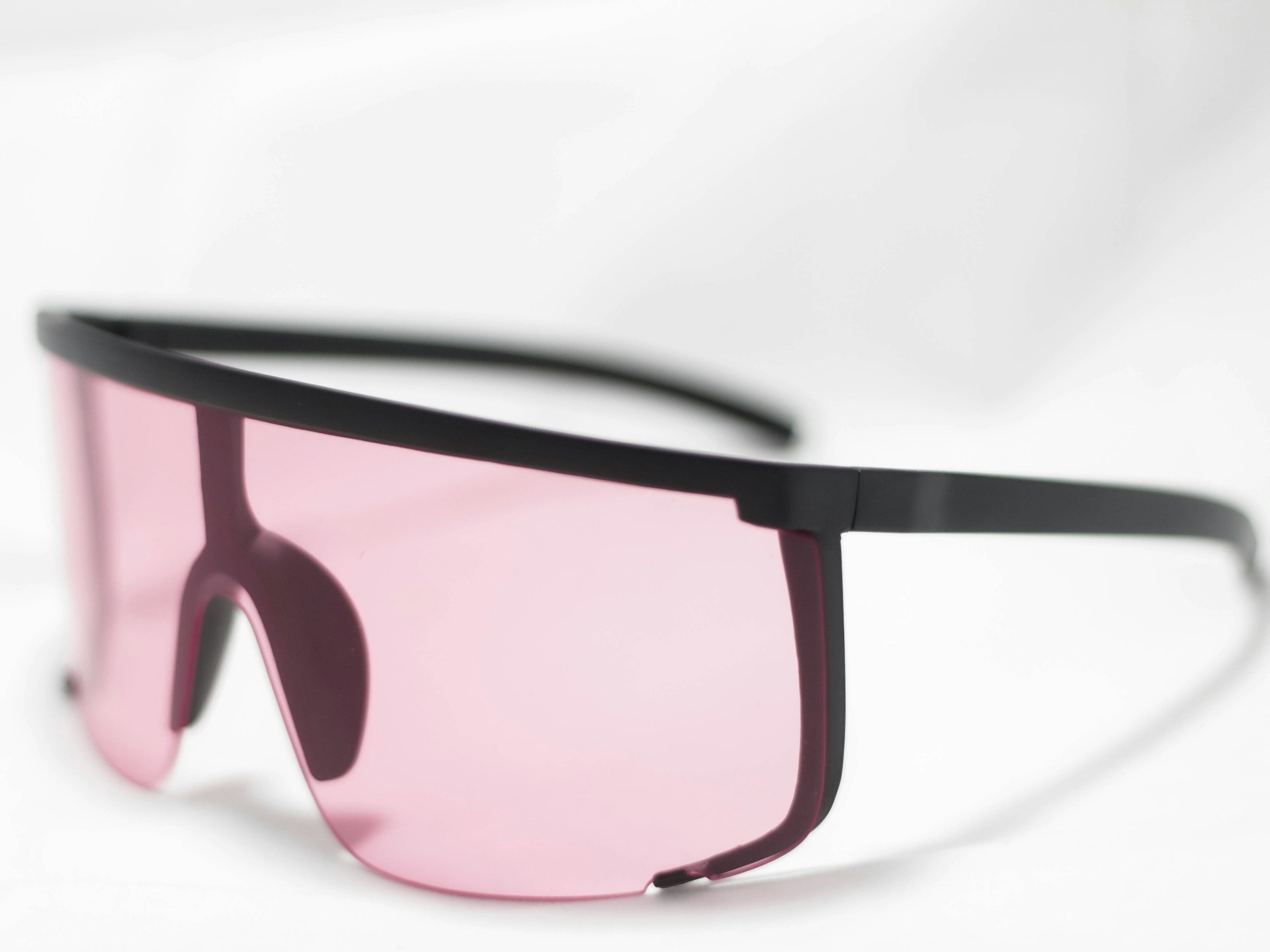Kopolow & Girisgen Doctors of Optometry Blog
Learn more about optometry care in our blog!

Summer is the season of sun, fun, and water activities. Whether you prefer lounging by the pool or diving into the ocean, it's essential to understand how different types of water can affect your eyes. Chlorine and saltwater, while part of the quintessential summer experience, can have significant impacts on eye health. Here, we'll explore these effects and provide tips on how to protect your eyes while enjoying the water.

In the modern era, digital devices have become an integral part of our lives, revolutionizing the way we work, learn, and entertain ourselves. While technological advancements have brought numerous benefits, they have also introduced new challenges, particularly for children's eye health. As young minds navigate the digital landscape, it's crucial to understand the potential impact of prolonged screen time on their developing eyes.

In the vast landscape of health advice, myths often abound, and eye health is no exception. With so much information available, it can be challenging to separate fact from fiction when it comes to caring for your vision. In this blog post, we're on a mission to debunk some of the most common eye health myths and provide you with the facts you need to protect your vision.

Eye floaters are small specks or spots that float across your field of vision. They may appear as tiny black or gray dots, cobwebs, or even squiggly lines. These floaters are actually tiny clumps of gel or cells that float in the vitreous humor, a jelly-like substance that fills the back of your eye.

Experiencing a solar eclipse is an awe-inspiring event that leaves many of us in wonder. However, as enchanting as this celestial event may be, Kopolow & Girisgen Doctors of Optometry emphasizes the critical importance of protecting your eyesight during this phenomenon.

In the spectrum of health concerns, eye health often takes a backseat for many individuals. However, the importance of maintaining good vision cannot be overstated. Women, in particular, face unique challenges when it comes to eye health. In fact, according to the National Eye Institute, two out of every three people living with blindness or vision problems are women

As an athlete, you are constantly striving to enhance your performance and gain a competitive edge. While physical training, nutrition, and mental preparation are crucial, one often overlooked aspect that can significantly impact your abilities is vision. Sports vision training is a specialized program designed to improve your visual skills and optimize your performance on the field, court, or track. By incorporating sports vision training into your regimen, you can elevate your athletic performance to new heights.

In this blog post, we'll delve into the significance of Workplace Eye Wellness Awareness Month, explore some common workplace eye hazards, and provide practical tips to safeguard your vision while on the job.

A foreign body eye emergency occurs when an external object enters your eye and becomes lodged on the surface or embedded in the cornea or conjunctiva. These foreign bodies can range from seemingly harmless materials like dust and sand to more dangerous items such as metal shavings or glass particles. Regardless of the size or type, any foreign object in your eye can lead to discomfort and potential damage if not addressed properly.

Keratoconus is a non-inflammatory eye condition characterized by the thinning and bulging of the cornea, which is the clear, dome-shaped outer layer covering the front of the eye. This abnormal shape disrupts the way light enters the eye, leading to distorted vision.








